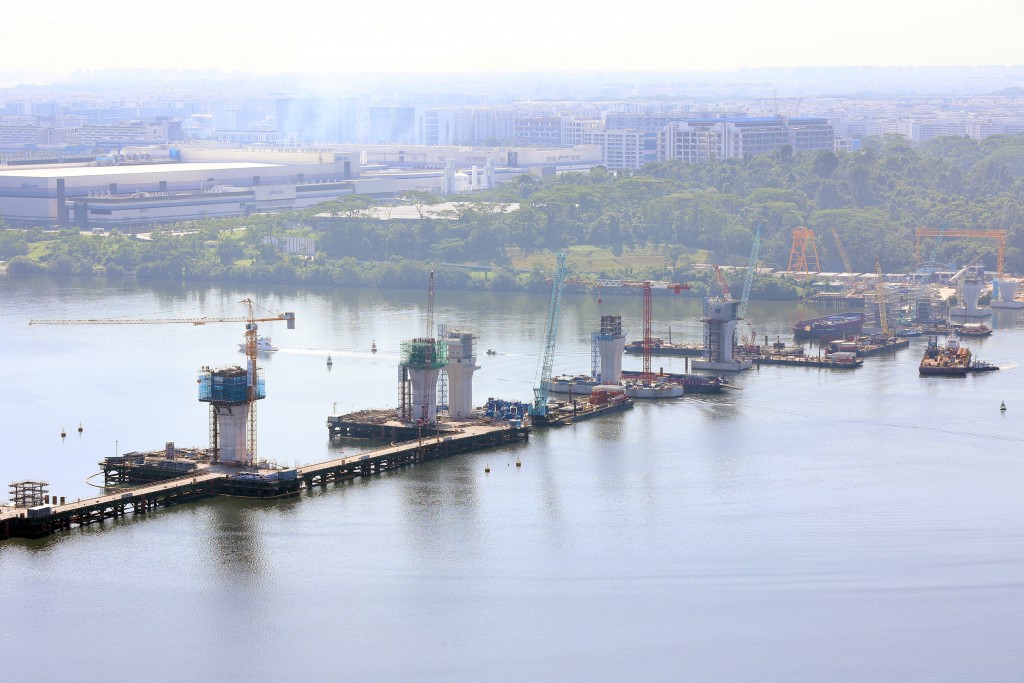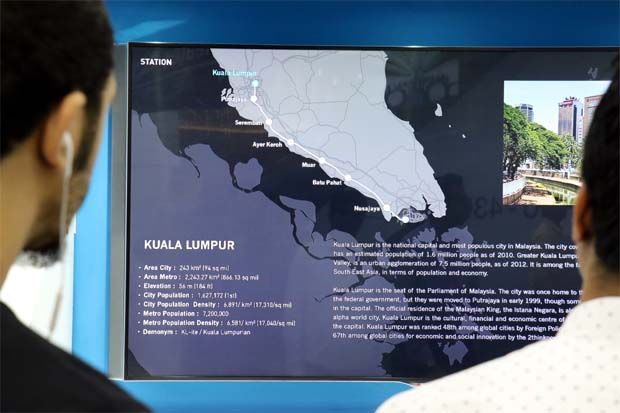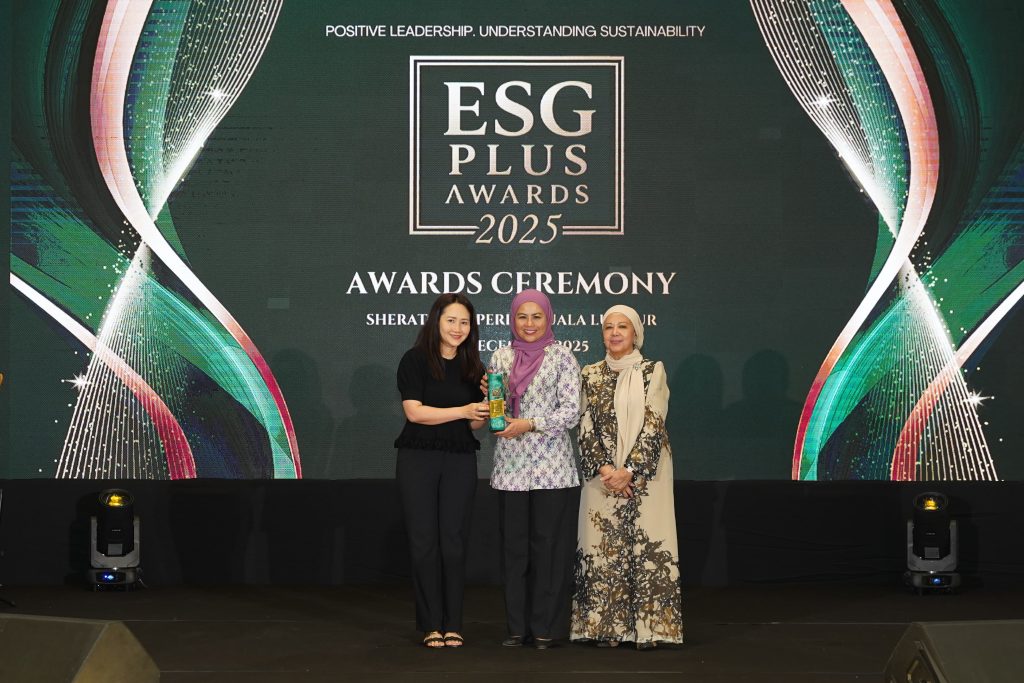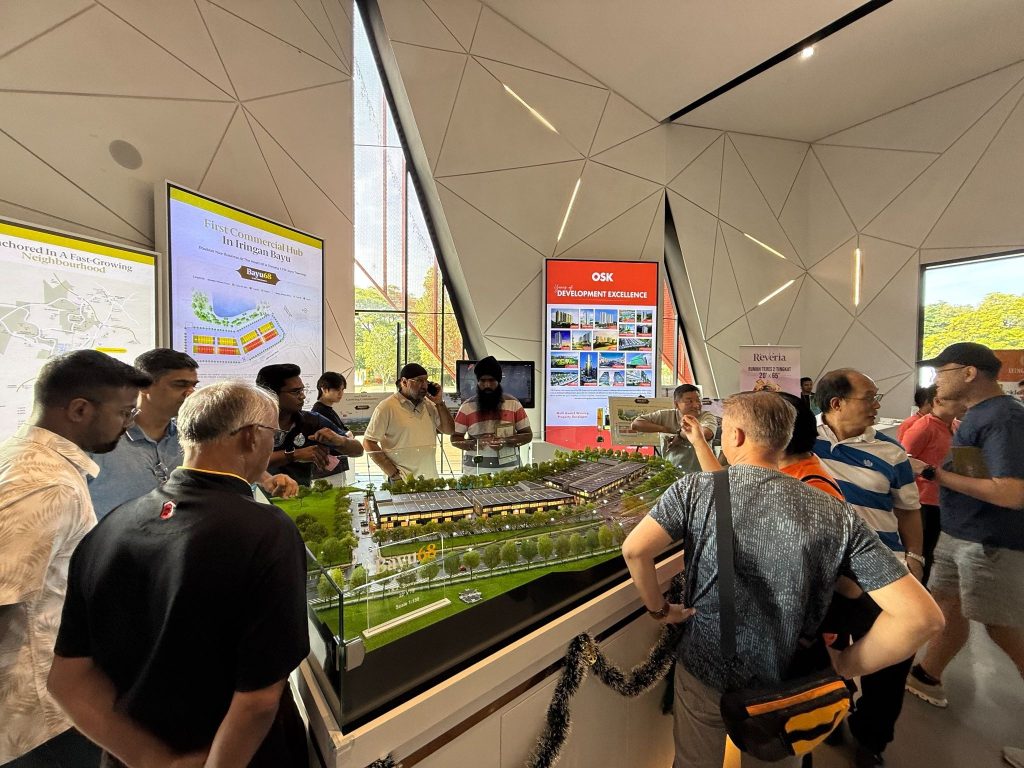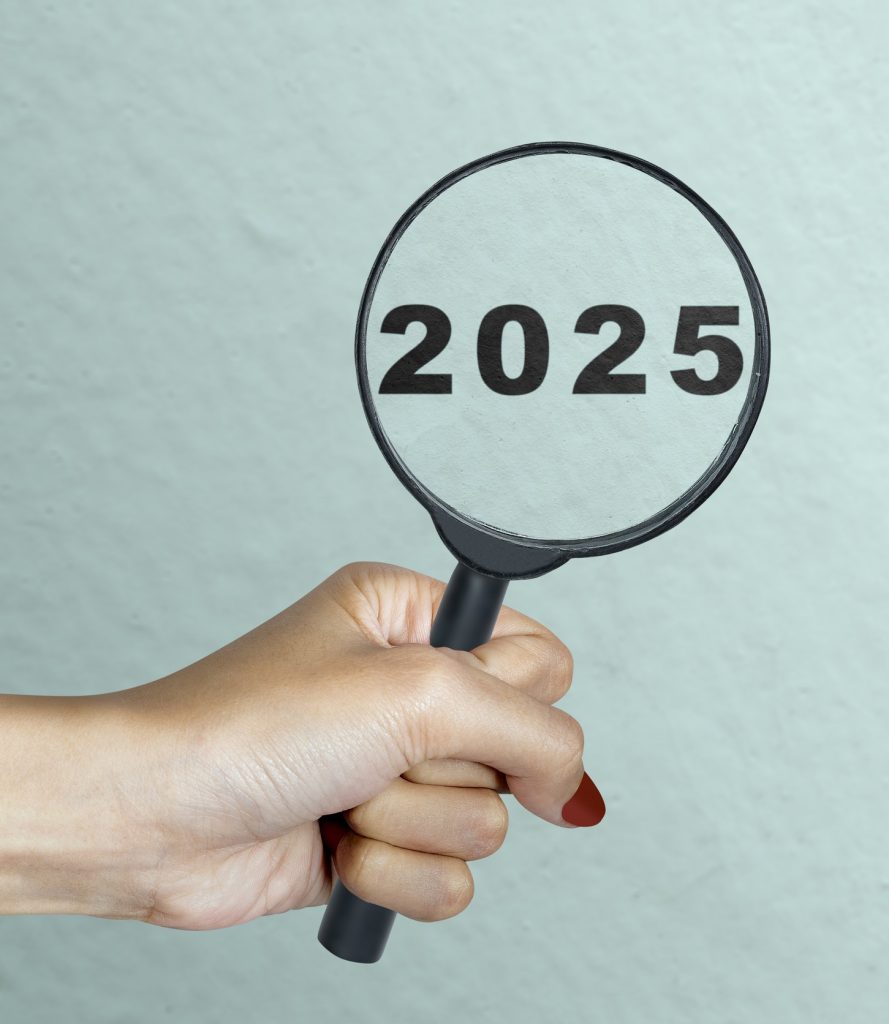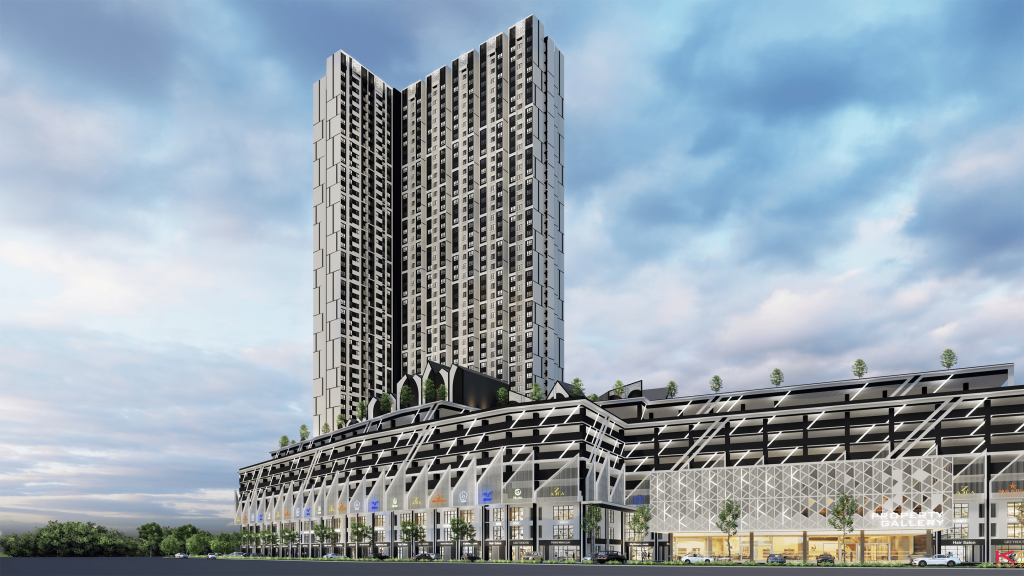BY P. ARUNA
PETALING JAYA: The 350km Kuala Lumpur-Singapore high-speed rail (HSR) project is likely to be a reality after over two decades, given the commitment from both governments as well as viable public-private partnership (PPP) funding, said JP Morgan Research.
While skeptics point to Malaysian government fiscal stress as a deterrent for the project, the firm said it believed this could be overcomed as it would most likely be funded via PPP, and off the government balance sheet.
It said Malaysia is no stranger to PPP-type projects, having built highways through the build-operate-transfer model such as the North-South Expressway, Kesas Highway, KL-Karak Highway, and the Smart Tunnel.
The research firm said in a report that PPP-type projects in Malaysia had historically been successful and fundable.
“As the HSR project has been delayed for more than two decades, there is a lot of skepticism on the Government’s ability to roll it out.
“We think this time round there is a good chance for the project to go ahead as an MoU between Malaysia and Singapore was recently signed, paving the way for a concrete agreement before year-end,” it said.
As the project will stretch across two countries, it said both the Singapore and Malaysian governments would have discretion over the funding options, more so for Malaysia, as a significant portion of the infrastructure would be here.
The report stated that while some HSR projects in other parts of the world were 100% government funded, it did not expect this to be the case for the KL-Singapore project due to the Malaysian government’s fiscal constraints.
The report, called the “KL-SG High Speed Rail – a deeper dive and sector implications”, analysed the impact of the upcoming HSR project, which it estimates to cost between RM40bil and RM65bil.
JP Morgan Research said the construction sector would be the largest beneficiary, with Gamuda Bhd as frontrunner and its top pick.
The report said local large contractors could play a role in infrastructure development, which accounts for about 75% of total cost.
“For a large scale project such as the HSR, balance sheet strength is important. This suggests that both large contractors such as Gamuda and IJM Corp, in our view, could be the likely forerunners for project delivery partner or main contractor roles,” it said.
However, it said Gamuda was its preferred pick, given its superior infrastructure construction skill sets and large-scale project management expertise.
“It is also potentially beneficial for property, cement/steel, hospitals, and tourism-related sectors,” it said.
In the longer term, it said hospitals under IHH Healthcare Bhd and KPJ Bhd could benefit from patients seeking treatment from Singapore, particularly at Johor hospitals.
Potential losers in the longer term, however, were airports, airlines and toll roads.


